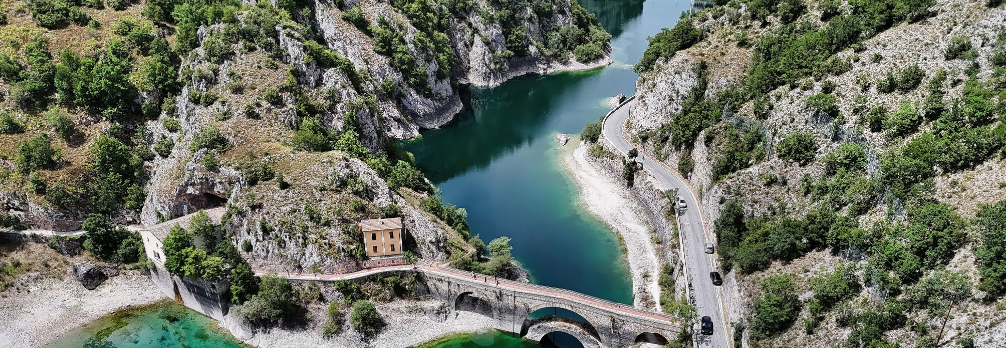Why Is Pemba Island Special?
Pemba Island Special—this phrase evokes images of untouched beauty, rich culture, and an otherworldly escape from the ordinary. Nestled in the Indian Ocean as part of the Zanzibar Archipelago, Pemba Island remains one of East Africa’s best-kept secrets. Unlike its more famous neighbor, Unguja (Zanzibar Island), Pemba offers an unspoiled paradise where nature, history, and adventure converge in perfect harmony. But what truly makes Pemba Island special?
This article explores the unique wonders of Pemba, from its lush landscapes and vibrant marine life to its deep-rooted traditions and serene ambiance. Whether you’re a traveler seeking inspiration, an adventurer craving new experiences, or someone in need of a motivational push to explore the unknown, Pemba Island’s magic will remind you of the beauty that exists beyond the familiar.
1. A Hidden Gem of Untouched Beauty

One of the most compelling reasons Pemba Island Special stands out is its pristine, untouched allure. While mass tourism has transformed many tropical destinations, Pemba remains refreshingly authentic. Its rolling hills, dense forests, and secluded beaches offer a retreat for those who crave serenity.
Lush Green Landscapes
Pemba is often called the “Green Island” due to its fertile soil and abundant vegetation. Clove plantations, coconut palms, and tropical fruit trees blanket the island, creating a vibrant, fragrant paradise. Walking through Pemba feels like stepping into a living postcard—every corner radiates natural beauty.
Secluded Beaches with Crystal-Clear Waters
Unlike crowded tourist hotspots, Pemba’s beaches are tranquil and pristine. Picture powdery white sands, swaying palm trees, and waters so clear you can see the ocean floor. Vumawimbi Beach, one of Pemba’s most stunning stretches, is often deserted, offering a private slice of heaven.
The Ngezi Forest Reserve
This untouched rainforest is home to rare wildlife, including the Pemba flying fox (a giant fruit bat found nowhere else). Exploring Ngezi feels like entering a lost world, where nature reigns supreme.
2. A Diver’s Paradise: The Underwater Wonderland
For adventure seekers, Pemba Island Special means diving into one of the world’s most spectacular underwater realms. The island is surrounded by coral reefs teeming with marine life, making it a top destination for divers and snorkelers.
The Pemba Channel: A Marine Sanctuary
The deep Pemba Channel separates the island from mainland Tanzania, creating a nutrient-rich environment that attracts dolphins, whales, and countless fish species. Divers can explore:
-
Misali Island – A protected marine reserve with vibrant coral gardens.
-
The “Pemba Wall” – A dramatic underwater cliff plunging over 600 meters, home to sharks, rays, and turtles.
Unparalleled Visibility and Biodiversity
With visibility often exceeding 30 meters, Pemba’s waters offer some of the clearest diving conditions in the world. Whether you’re a beginner or an experienced diver, the island’s underwater world will leave you in awe.
3. Rich Cultural Heritage and Mystical Traditions
Beyond its natural beauty, Pemba Island Special lies in its deep cultural roots. The island is steeped in Swahili traditions, ancient history, and a touch of mysticism.
The Spice Island Legacy
Pemba was once the world’s largest clove producer, earning its place in the historic spice trade. Walking through its plantations, you can still smell the fragrant cloves drying in the sun—a sensory journey into the past.
A Hub of Swahili Culture
Pemba’s towns, like Chake Chake and Wete, are filled with centuries-old architecture, bustling markets, and warm, welcoming locals. The island’s culture is a blend of African, Arab, and Persian influences, reflected in its music, cuisine, and daily life.
The Mystical Side of Pemba
Pemba is often called the “Island of Sorcery” due to its long-standing traditions of healing and spiritual practices. While some stories are shrouded in mystery, they add an intriguing layer to the island’s identity.
4. A Sanctuary for Sustainable and Eco-Friendly Travel
In a world where over-tourism threatens natural wonders, Pemba Island Special because it embraces sustainability. The island’s eco-lodges, community-based tourism, and conservation efforts make it a model for responsible travel.
Eco-Friendly Accommodations
From solar-powered beach bungalows to treehouse lodges, Pemba offers unique stays that minimize environmental impact. Places like Fundu Lagoon and Manta Resort blend luxury with sustainability.
Supporting Local Communities
Tourism in Pemba directly benefits its people. Visitors can engage in spice tours, traditional cooking classes, and craft workshops, ensuring their travel dollars empower local livelihoods.
5. The Ultimate Escape for Mind, Body, and Soul
Perhaps the most profound reason Pemba Island Special is the sense of peace it brings. In a fast-paced world, Pemba offers a rare opportunity to disconnect, reflect, and reconnect with nature.
A Digital Detox Haven
With limited connectivity in some areas, Pemba encourages mindfulness. Instead of scrolling, you’ll find yourself watching sunsets, listening to the ocean, and embracing slow living.
Wellness and Healing
The island’s natural beauty has a therapeutic effect. Whether practicing yoga on the beach, indulging in a spice-infused massage, or simply breathing in the salty air, Pemba rejuvenates the soul.
Why Pemba Island Should Be on Your Bucket List
Pemba Island Special—not just for its breathtaking scenery, but for the way it makes you feel. It’s a place where adventure meets tranquility, where culture intertwines with nature, and where every moment feels like a gift.
If you’ve been waiting for a sign to explore somewhere truly extraordinary, let Pemba be that sign. Life is too short to stay within the confines of the familiar. The world is vast, and places like Pemba remind us of the magic that exists beyond our routines.
So pack your bags, chase the unknown, and let Pemba Island inspire your next great adventure. Because in the end, the most special places are not just seen—they are felt with the heart.










